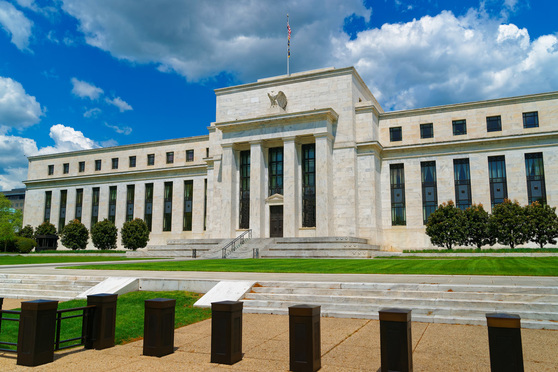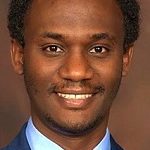 Credit/Shutterstock
Credit/Shutterstock
Credit union trade group economists said the Fed gained a better reason for pausing interest rates after Wednesday's report showed better-than-expected slowing of inflation.
And the U.S. Bureau of Labor Statistics followed Wednesday's report on the Consumer Price Index with another report Thursday showing inflation slowing through its Producer Price Index.
Recommended For You
The Consumer Price Index for All Urban Consumers (CPI-U) rose 0.2% in June on a seasonally adjusted basis after increasing 0.1% in May, the U.S. Bureau of Labor Statistics reported today. Over the last 12 months, the all items index increased 3.0% before seasonal adjustment.
The index for all items less food and energy rose 0.2% in June, the smallest one-month increase in core inflation since August 2021. It was up 4.8% over 12 months.
NAFCU Economist Noah Yosif said the report showed "a significant downshift in core CPI."
"This decline was driven by housing, via falling rents, as well as used vehicle prices, which take time to respond to monetary policy, and will see further improvement as interest rates remain elevated," Yosif said.
 Noah Yosif
Noah Yosif Yosif said Wednesday's CPI report won't stop the Fed from raising rates again at its next meeting, July 25-26, but it could mark that last rate hike in the cycle of rising rates that began in March 2022 to lower inflation to its 2% target.
At CUNA, Senior Economist Dawit Kebede said the CPI report suggests the Fed doesn't need to raise rates in July.
 Dawit Kebede
Dawit Kebede "The CPI report for June indicates that inflation is coming down," Kebede said.
Total CPI slowed in June with the help of falling prices for energy, used cars and medical care, Kebede said. "This includes prices for core services, excluding shelter, which the Federal Reserve closely monitors."
The Producer Price Index released by the BLS Thursday also showed inflation continuing to ebb.
The seasonally adjusted index rose 0.1% from May to June for total final demand and the same amount after excluding foods, energy and trade. Unadjusted, the 12-month total increase was also 1.1%.
Also on Wednesday, the Fed released its Beige Book of information gathered by June 30, which NAFCU Chief Economist Curt Long said Thursday shows consumer spending moderating and in many areas wage increases falling to near pre-pandemic levels.
"Combined with recent positive news on the inflation front, this should support a patient approach from the Federal Reserve in terms of returning inflation to target," Long said.
 Curt Long
Curt Long By "patient," Long told CU Times he means the Fed would need to see a couple months of worsening inflation before it raised rates again.
"Although the news on the inflation front has been fairly one-sided lately, with both producer and consumer prices clearly moderating, there will likely be bumps in the road back to the Fed's target," Long said.
Long said he and Yosif still think the Fed will raise rates this month because inflation is still a threat.
"Viewed through the lens of committee politics, the July hike was a necessary concession from the doves for last meeting's pause," Long said. "It also allows the doves to negotiate for another pause in September, after which point they will hope to have a more compelling body of evidence to support a case for no further rate hikes."
Lawrence Yun, chief economist for the National Association of Realtors, said it is already time for the Fed to be done with raising rates.
 Lawrence Yun
Lawrence Yun "The Federal Reserve's mandate is to contain inflation and help the economy," Yun said. "It misjudged the early strength of inflation, which got out of control. Now it could misjudge on the economic front.
"Monetary policy works with a long lag time," he said. "The Fed appears too focused on the lagging economic indicator of jobs rather than early indicators like future inflation and commercial leasing activity; they should look ahead and stop raising interest rates."
© 2025 ALM Global, LLC, All Rights Reserved. Request academic re-use from www.copyright.com. All other uses, submit a request to [email protected]. For more information visit Asset & Logo Licensing.








